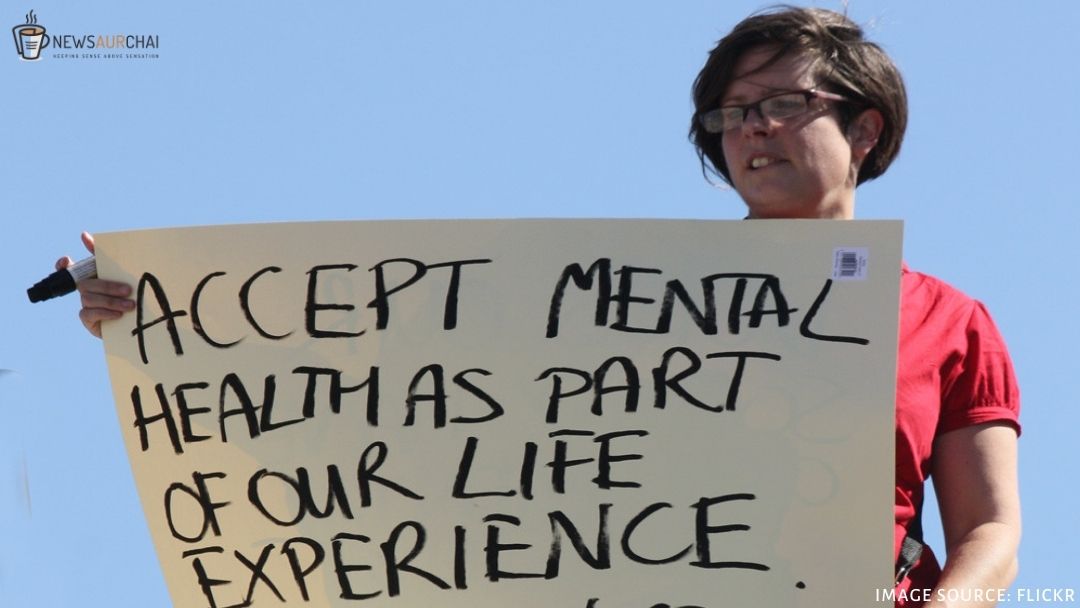
Mental health is a problem which we all are suffering, with different level of intensity, but nobody wants to talk about it. Living in the 21st century in 2020, where a pandemic like COVID-19 has hit the world hard, we are still claiming the mental health awareness being abnormal.
Counting on the statistics, World Health Organisation (WHO) has given that around 1 billion people in the world are dealing with a mental disorder, 3 million people die every year from the harmful use of alcohol because of mental health suffrage and in the whole world, one person dies in every 40 seconds due to suicide. To add to this statistics COVID-19 and its impacts left billions of people globally with mental health issues.
The past months have put forth many challenges: Frontline warriors (health care workers) working under tough circumstances, going to work in fear of getting infected by COVID-19 and bring them home; for students, adapting to taking classes online, with little contact with friends and being anxious about their future; for workers whose livelihoods are threatened; a vast number of people caught in the brim of poverty or fragile humanitarian settings with minimal protection against COVID-19.
Access for mental health was already in a doomed condition before the pandemic, but COVID-19 has worsened the situation. Due to COVID-19 basic rules of following social distancing, has blocked, meeting people face-to-face, fear of mental health staff being infected from the virus and making the mental health facilities into care facilities for people who are getting infected with COVID-19.
Pandemic has disrupted the normal flow of life, and now the world is opening to a new normal. Human Beings who are social bird have been locked in their houses, encompassing their eyes in 6 inches or 15 inches screen most of the days; have to roam around with a cover on the face and washing hands in a systematic manner; fear of losing self or loved-ones to the virus; concern of ‘n’ number of things which they might be not thought before the pandemic, seclusion from the world in between 4 walls. All these conditions have made the mental health more critical for every 3rd individual.
The unfortunate side is the consideration and value of mental health, which is given the least importance in this world. People take mental health issues and awareness as a jest, by making fun of people who go through such stress. Such social pressure and comments only harm the person further; instead, we should think of helping or guiding the sufferer in the right direction. Due to this, the mental health awareness is all going in vain.
According to WHO data countries, including developed, spend on an average of only 2 per cent of their wellness budgets on mental health. Even in the continuous increase in the number of cases suffering from mental health, International development assistance for mental health has not exceeded 1 per cent of all development assistance for wellness.
With so many people lacking access to good quality, appropriate mental health services, investment is needed now more than ever.
Though World Mental Health Day brings about the awareness relating to one’s mental wellbeing, we should try to implement it in our daily life not only for ourself but for the betterment of the world. We should be a like a light in the darkness for a mentally disturbed person, If we can’t help an individual, then we should not act as a misleading or criticising catalyst for them.
Whether you have struggled with your own mental health, know someone who has been affected, are a mental health expert, or if you simply believe that investing in mental health is the right thing to do don’t’ hesitate, make a move to bring awareness about the need mental health care and support accessible for everyone. When the world is going through a challenging period, we should all stand together to fight this silent yet prominent social stigma and issue – mental health.





